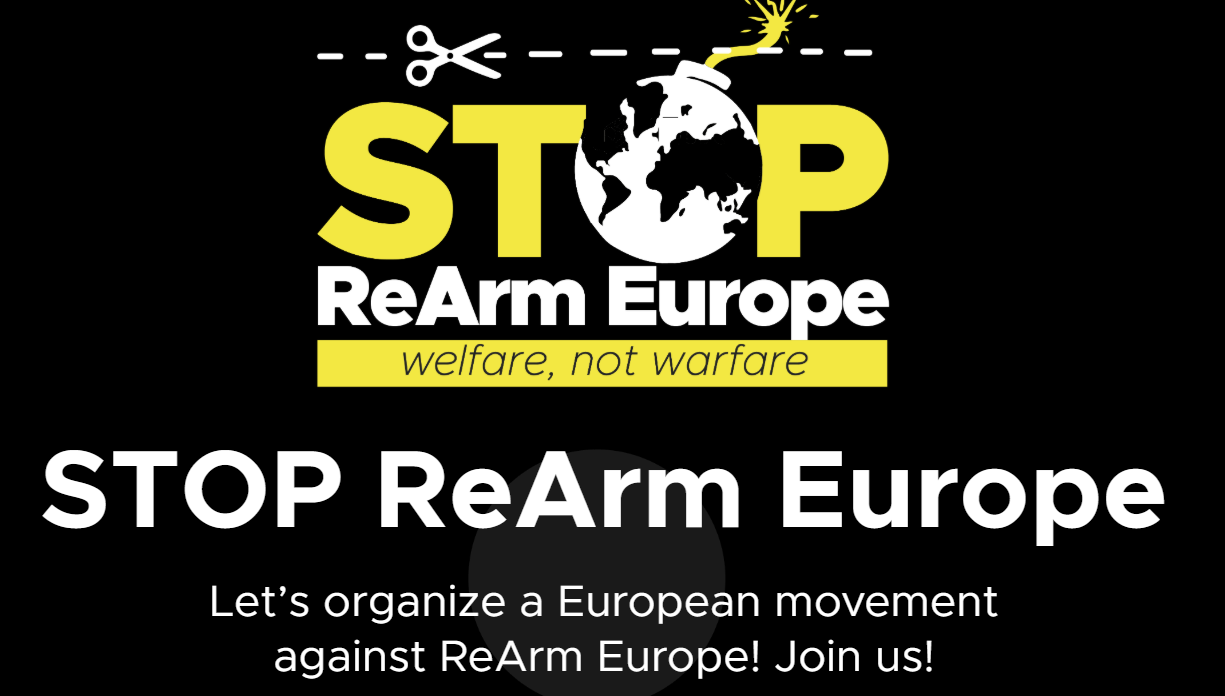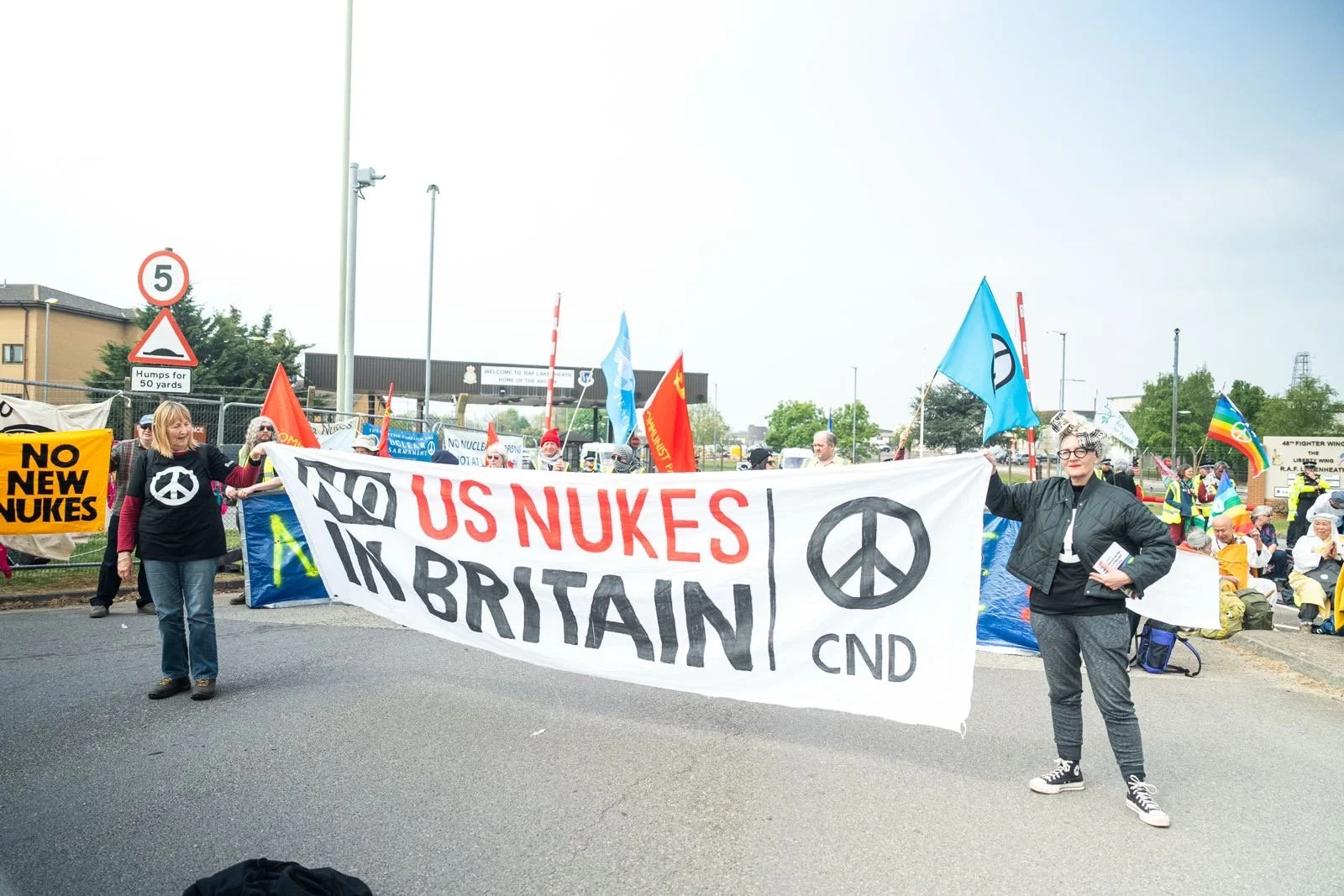THERE ARE NO FENCES, topped with razor wire, at Greenham Common now; no ugly, squat concrete buildings; no runways or silos; no convoys of lorries loaded with missiles.... No soldiers or MOD police or bailiffs or dogs. All those locked gates, named by women after the colours of the rainbow, have gone as well.. It was outside each of those gates, that groups of warmly-wrapped and often dishevelled women set up camps. The sites were makeshift: a few “benders” made of plastic sheeting and a fire to provide warmth and cooking facilities.
Those fires were the soul of each camp, symbols of hope and determination. Again and again, the bailiffs would stamp then out and throw the blackened kettles and pans into their “munchers” - together with the women’s possessions. Time after time after time, the women would re-light the fires and start over. Some stayed for days, some for weeks, months, years. They did put them out and leave the camps until the Cruise missiles had been taken away and the American base, closed.
Now, trees and ponds and thickets extend in every direction. Birds and rabbits and deer have reclaimed their common. Even on a greyish, coldish day in February it is beautiful. The only remnant of the American army base is the Control Tower, looking harmless, even friendly – its door wide open. No longer do you have to smash a window and break in. Nobody arrests you, tries you in Newbury Crown Court or sends you to prison. We just walked in!
THERE WAS SOMETHING VERY FAMILIAR about the people crowded round two large tables in the café: thirty years older, and remarkedly clean and tidy, but recognisably these were Greenham women, some accompanied by friends and relatives. The atmosphere was joyful, affectionate, celebratory. We had come to see an exhibition of black-and-white photographs taken by Wendy Carrig while she lived at Blue Gate in 1985. Whoever could have predicted that it could ever be possible to hold such an event in the forbidden, the hostile, Control Tower? The photos are graphic, recording conditions and situations which might otherwise be forgotten and are backed up by informative written records, including one by Rebecca Johnson, who spent five years there. I was accompanied by a grand-daughter, who had never heard of the Greenham Common peace camps until breakfast-time that morning. Like it or not, we are history now.
There are other interesting exhibitions in this newly-friendly Control Tower. Along a passageway, extends a time-line which narrates events which have happened there over the centuries. Upstairs,
is a room with aeroplanes and bombs and such things (numerous little boys and dads were in there). At the top, is a glazed viewing area, with wonderful views in all directions.
AFTERWARDS, we went outside, lit a fire and sat round it, sharing food and talking. There was a lot of laughter. Easy to forget, for a short time, that nuclear weapons may have left Greenham Common but there are more of them than ever, spread around the world. And plenty of warlike presidents prepared to press the nuclear button.
❍ Jill Truman is a former Greenham woman and playwright. Her work includes Common Women, a play about the peace camp which is still performed from time to time today.
❍ A short report of the photo exhibition and some of the photos that were displayed can be accessed at https://www.bbc.co.uk/news/uk-england-berkshire-46468386







